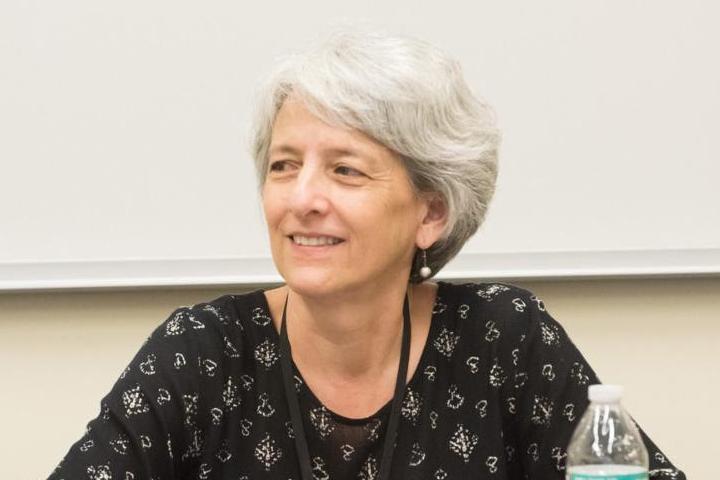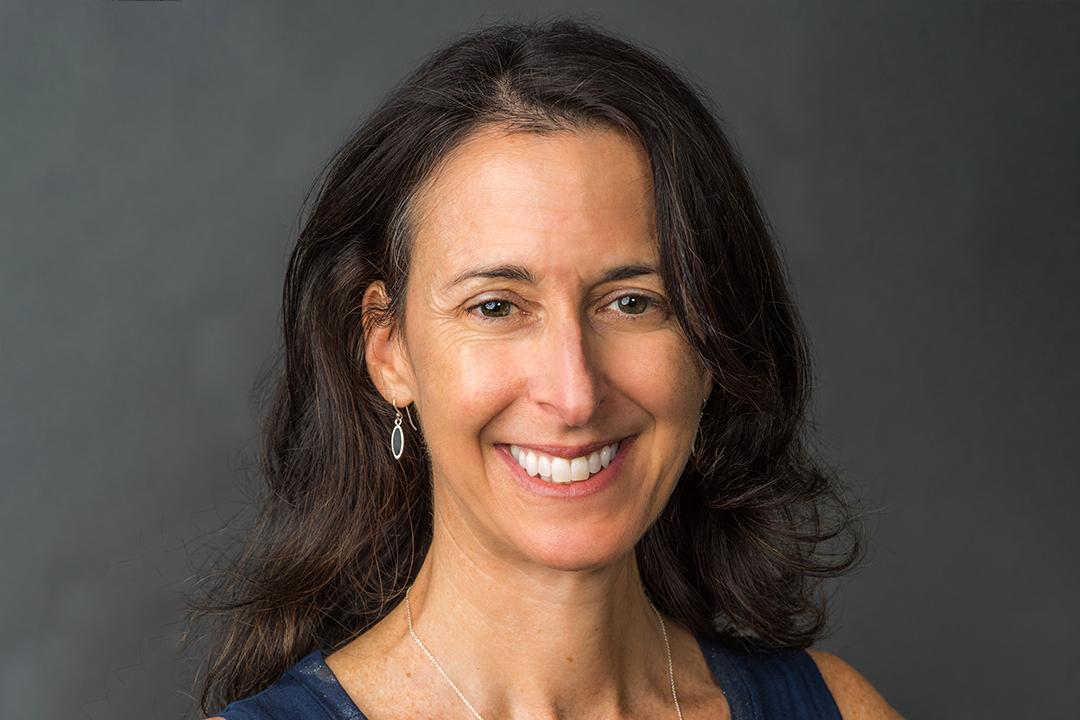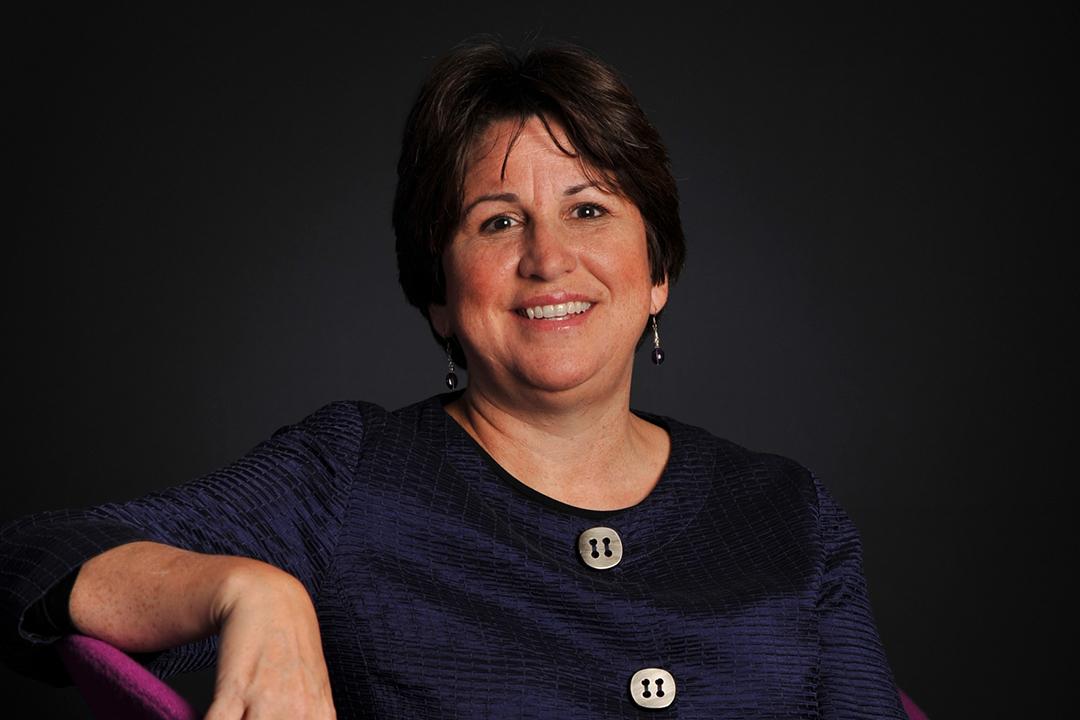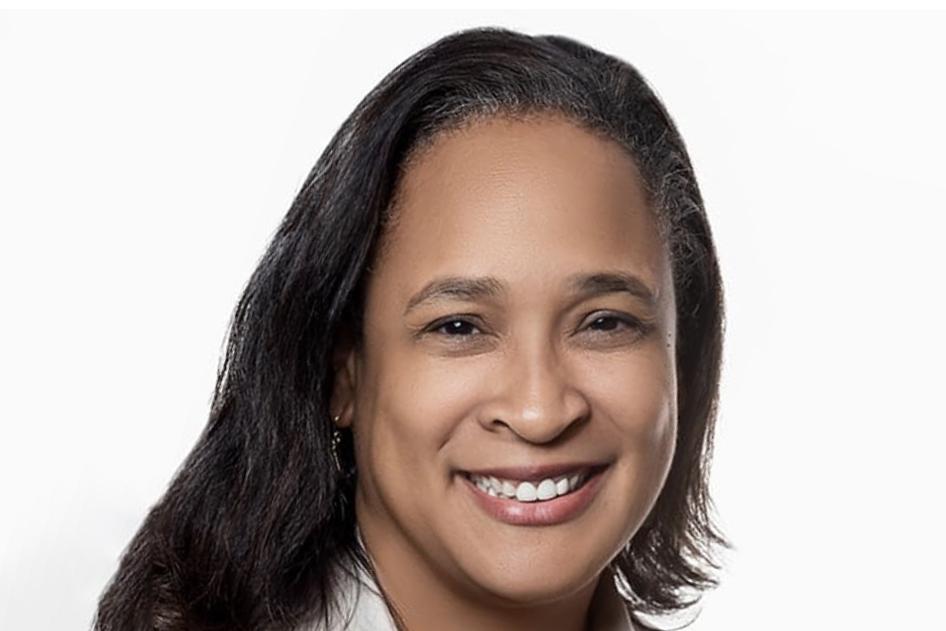About the National Family Violence Law Center
As the first national organization specializing in the intersection of adult and child abuse in the family and its implications for family courts, the National Family Violence Law Center at GW carves out new ground in the field of family law and abuse.
The NFLVC serves as the pre-eminent home for national research and expert support for policymakers, judicial, legal and mental health professionals, and the growing grassroots movement seeking to improve family courts’ ability to deliver safe and beneficial outcomes for children.
Drawing on its own pioneering quantitative and qualitative research along with that of other top researchers, the Center provides training, education and evidence-based solutions for policymakers, professionals, advocates, media, and the public. Founded by Professor of Law Joan S. Meier (pictured) in partnership with GW Law, the Center also develops state and federal policy proposals and files amicus briefs in high-profile cases to further its mission.
The Center in Action
The National Family Violence Law Center:
- sponsors, develops, and disseminates research on key issues affecting children’s safety in the context of custody litigation to help objectively define current legal barriers for families;
- designs and promotes evidence-based policy proposals to overcome barriers and improve judicial outcomes for survivors of family violence;
- engages in federal and state policy work to implement and further a key recent unanimously adopted child-protective measure at the federal level;
- offers public and professional education through publications, media, and presentations;
- designs and promotes evidence-based policy proposals to overcome barriers and improve judicial outcomes for survivors of family violence; and
- files amicus briefs in selected high-impact litigation to advance legal precedent on key issues
How It Happens
A growing body of research describes custody courts across the country (and globe) refusing to take reports of fathers' abuse and dangerousness seriously and treating mothers who seek to protect their children as lying or pathological. Some courts lack expertise in family abuse, are misled by scientific-sounding labels and tend to focus on the rights of parents at the expense of the protection of children. These dynamics can lead to a punitive attitude toward mothers who report that a father is dangerous while requesting limits on or supervision of his access to a child. In a troubling number of cases, the disregard of such warnings has led to children being murdered by the parent who was alleged to be dangerous and who was given unprotected access to the child. In many other cases, court orders are unwittingly removing children from loving parents to give them to other parents who are subjecting them to ongoing abuse.
References:
Silberg & Dallam (2019). Abusers gaining custody in family courts: A case series of overturned decisions, J. Child Custody 16:2, 140-169
Winstock (2014). Safe Havens or Dangerous Waters? A Phenomenological Study of Abused Women's Experiences in the Family Courts of Ontario, PhD Dissertations. 36.
Jaffe, Crooks & Poisson (2003). Common Misconceptions in Addressing Domestic Violence in Child Custody Disputes, Juv. & Fam. Ct. Jnl, 57-67
Meier (2003). Domestic Violence, Child Custody, and Child Protection: Understanding Judicial Resistance and Imagining the Solutions, 11 Am. U. J. Gender Soc. Pol'y & L. 657-731
Why Our Work Matters
"I don’t want to be around my daddy when he’s mad." (child)
"Frankly, this child is afraid of Mr. H." (custody evaluator)"
There was little doubt why the boys were afraid of their father. He had slapped and choked their mother in front of them, viciously sexually assaulted her while they were downstairs, hit his sons, and extensively humiliated his four-year-old son with autism in front of guests at a Christmas party because the boy had wet his pants. Yet, the trial court concluded that the boys were afraid of him because of their mother’s supposedly “alienating” conduct, not his violence and abuse.
Based in part on a conversation he had had with an expert in “parental alienation” at a conference, the judge accused the mother of creating a “revisionist history” about the father’s conduct with the children, found that any harm suffered by the boys was merely “collateral damage” from the wife-abuse, and concluded that their fear of their father was the product of her “conscious” or “unconscious” statements to the children. Accordingly, the court ruled that as soon as the father was released from prison (where he was serving six years for his felony sexual assault of the mother), he should have access to his children, without regard to either their feelings or his attitude. (This decision was reversed on appeal).
his story – without the appellate reversal - is emblematic of the sorts of rulings widely issued by family courts around the country, and indeed, the globe. However, this case was atypical in that the father was in prison, providing the boys with six safe and worry-free years. Most cases of this sort result in orders for immediate contact, or even primary custody, with the parent that children fear. While the majority of family abusers are men, a similar court dynamic has been seen in cases where children report their fear of and psychological abuse by a mother.
Numerous scholars, experts, and survivors have reported and surveyed family courts’ refusals to credit abuse claims by mothers against fathers, and prioritization of fathers’ rights over children’s safety (Conner 2009; Stark et al 2019). The Center’s Study provides empirical data reinforcing these reports of courts’ use of parental alienation to effectuate this denial and these unsafe orders.
Director and Affiliated Faculty
Joan S. Meier
Center Director; Professor of Clinical Law, GW Law
Laurie S. Kohn
Jacob Burns Foundation Associate Dean for Clinical Affairs; Director of the Family Justice Litigation Clinic, GW Law
Laurie Kohn directs the Family Justice Litigation Clinic, which provides representation to survivors of domestic violence in D.C. Superior Court. She also directs the Community Legal Clinics as a whole. Professor Kohn’s research focuses on domestic violence, civil protection orders, fatherhood, and related issues.
Catherine J. Ross
Fred C. Stevenson Research Professor, GW Law
Catherine Ross teaches Child, Family & State, Family Law, and Constitutional Law. Her research focuses on constitutional, legal, and policy issues concerning families and children.
Naomi Cahn
Professor Cahn is an expert in family law, trusts and estates, feminist jurisprudence, reproductive technology, and aging and the law. She writes on changing families, trusts and estates, and the socio-politics of families and gender; and has a background in domestic violence work, advocacy, and scholarship.
Mary Ellsberg
Professor in Global Health, Milken Institute School of Public Health; Executive Director, Global Women’s Institute, GW
Mary Ellsberg founded and directs the Global Women’s Institute, and has decades of globally-recognized expertise in research on international women’s health and gender issues.
Nicole Lang, MD
Assistant Professor of Pediatric and Adolescent Medicine, School of Medicine and Health Sciences, GW
Professor Nicole Lang, MD teaches and supervises GW students on numerous pediatric topics including the social determinants of health, and how adverse childhood experiences (ACEs) affect both children and families.
Support the National Family Violence Law Center
Your support will help ensure that the National Family Violence Law Center advances the critical work being done at GW to improve the nation’s response to family violence. Grants and individual donations are tax-deductible, made through the university, and assigned to the center’s budget.







